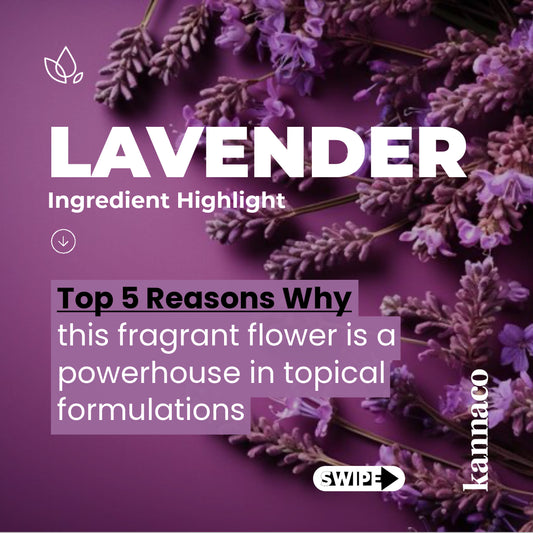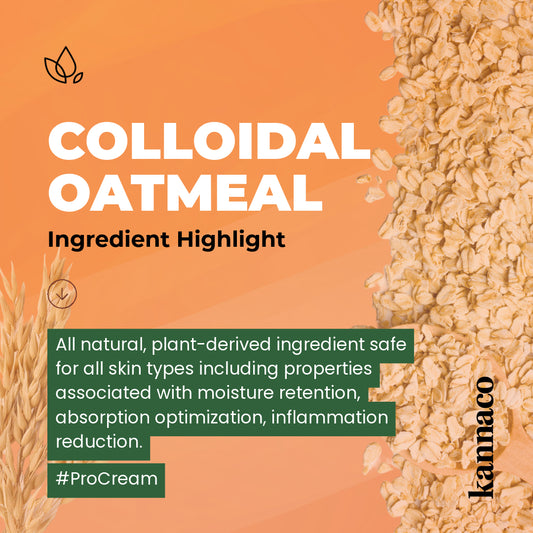What are the Pros and Cons of Broad-Spectrum CBD?
Chances are if you’ve seen CBD products on social media, you may have noticed that there are a few different types to choose from. There are three main types of CBD, full-spectrum, broad-spectrum, and CBD isolate. You may be wondering, which type is best? What sets each type apart from the other?
What is Broad-Spectrum CBD?
Broad-spectrum CBD is a type of CBD product that contains only a portion of the cannabinoids found in the cannabis plant. For this reason, broad-spectrum CBD typically does not contain any trace of THC, the psychoactive cannabinoid compound that is responsible for the “high.” The problem is that part of the reason to supplement with CBD is to experience the entourage effect, which you barely get with broad spectrum CBD.
Pros and Cons of Broad-Spectrum CBD
We have partially discussed the pros and cons of broad-spectrum CBD when we compared it to the other two main types of CBD but let us take a little closer look at some of the pros and cons of broad-spectrum CBD.
Pros
1) It usually has no THC
One of the main concerns raised by some CBD users is the presence of THC in their products. Mostly, this concern stems from their fear of failing an upcoming or random drug testing. It’s important to note that even if you use CBD legally, the presence of THC could still cause you to flunk the drug test.
Since broad-spectrum CBD only includes some of the cannabinoids, THC is often not included in broad-spectrum CBDs. For those who are concerned with THC, this is one big point. However, while this is typically the case, it’s not necessarily the case at all times. Therefore, be sure to check on your broad-spectrum CBD and ensure that no amounts of THC are included there, even if they exist in very small quantities.
2) Has the “entourage effect”
Like the full-spectrum CBD, broad-spectrum CBD also has the “entourage effect.” This is because broad-spectrum CBDs still have a variety of cannabinoids in their formula, unlike CBD isolates. Therefore, the “entourage effect” is still possible to take effect, it’s just going to be a lot more minimal than with full-spectrum CBD.
3) You can get the best of both worlds of full-spectrum CBD and CBD isolate
Full-spectrum CBD contains all of the cannabinoids, making its “entourage effect” the most effective among the three. However, the presence of THC in it can cause you to flunk your drug test. On the other hand, CBD isolates are purely CBD. This means that you’re mostly safe from THC – and from failing your drug test – but you will not get the effectiveness and benefit of the “entourage effect” since it virtually has no cannabinoids other than the CBD itself.
Cons
1) Its “entourage effect” is less effective compared to full-spectrum CBD
Since broad-spectrum CBD contains fewer amounts of cannabinoids compared to full-spectrum CBD, it naturally has a less effective “entourage effect” compared to the former. This may be a concern if you want to experience the most effective effect of CBD. However, if you don’t mind getting a “lesser” effective CBD, then this is usually not a big deal.










No comments